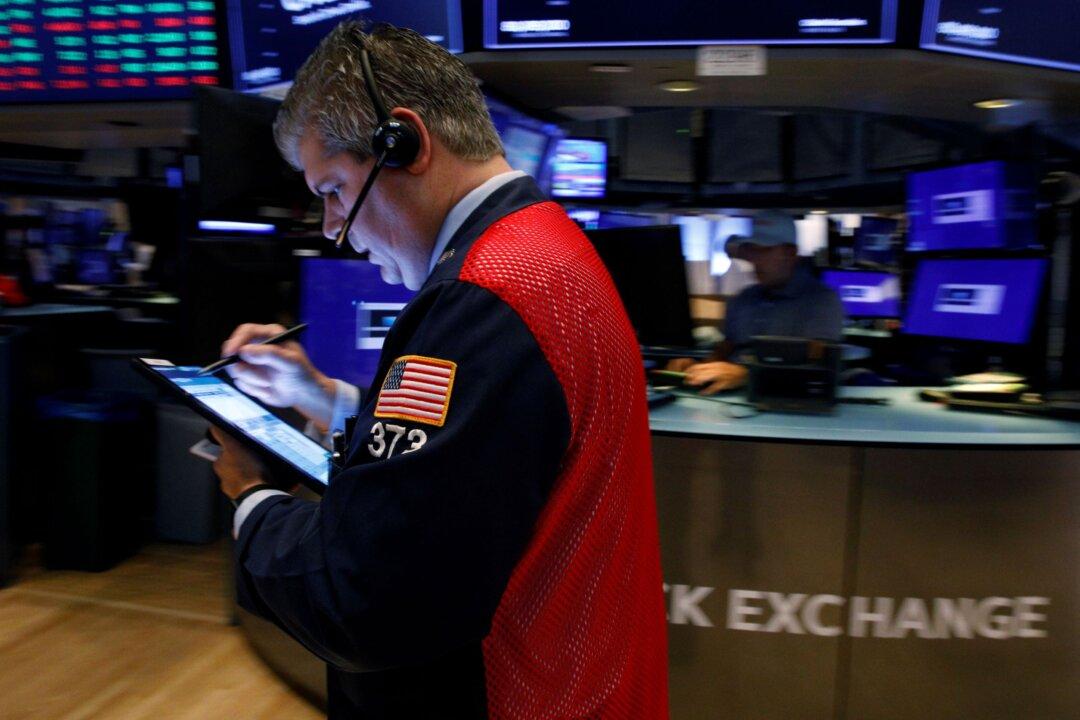Wall Street indexes were set to rise on Monday after their worst week in several months, with investors keeping a tab on the impact of potential changes to taxation on corporate profits and the effects of inflation on monetary policy.
The indexes lost between 1.6 percent to 2.2 percent last week, with the S&P 500 sinking for five straight days as a surge in August producer prices and a drop in jobless claims spurred fears the Federal Reserve could start unwinding stimulus as soon as this year.





